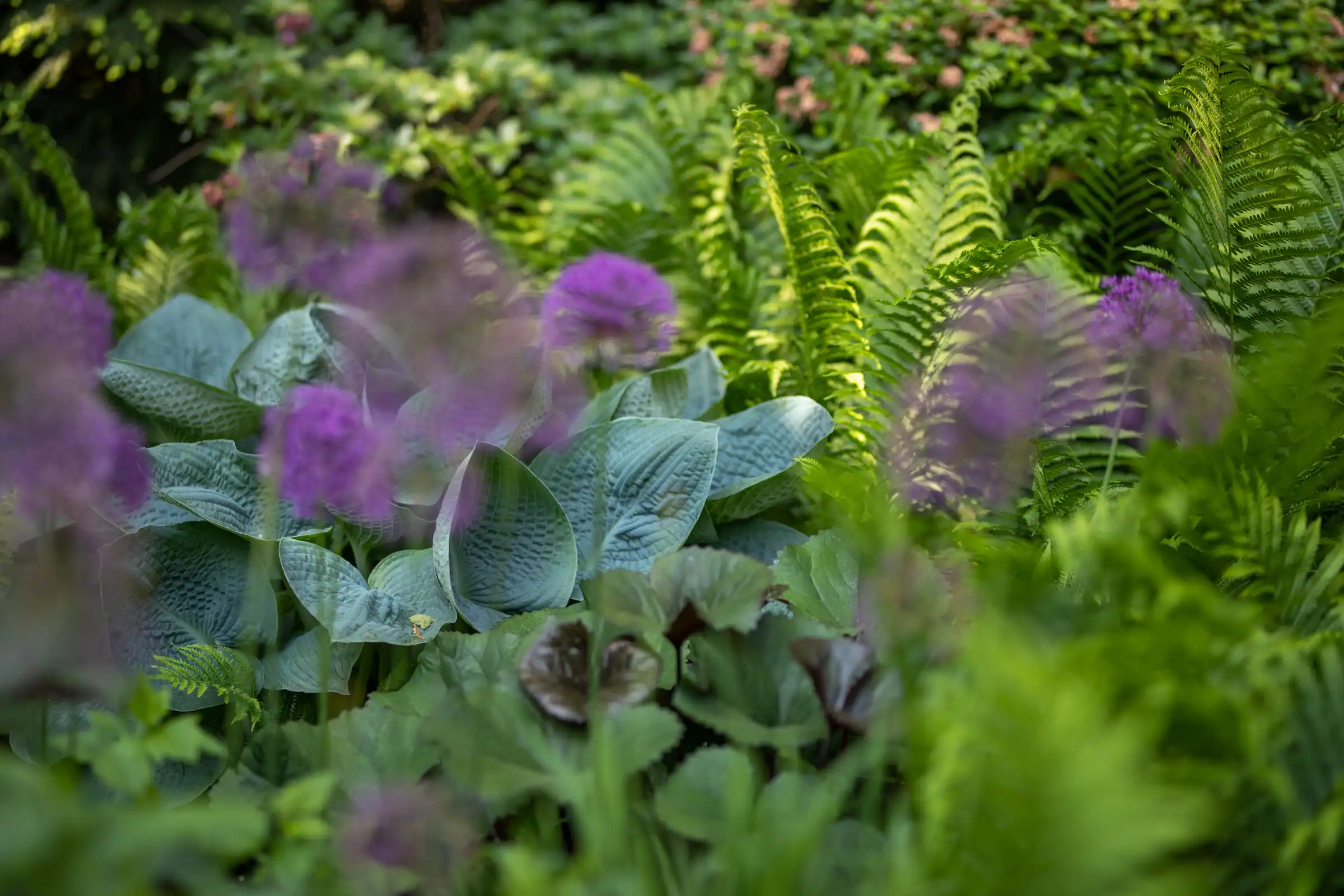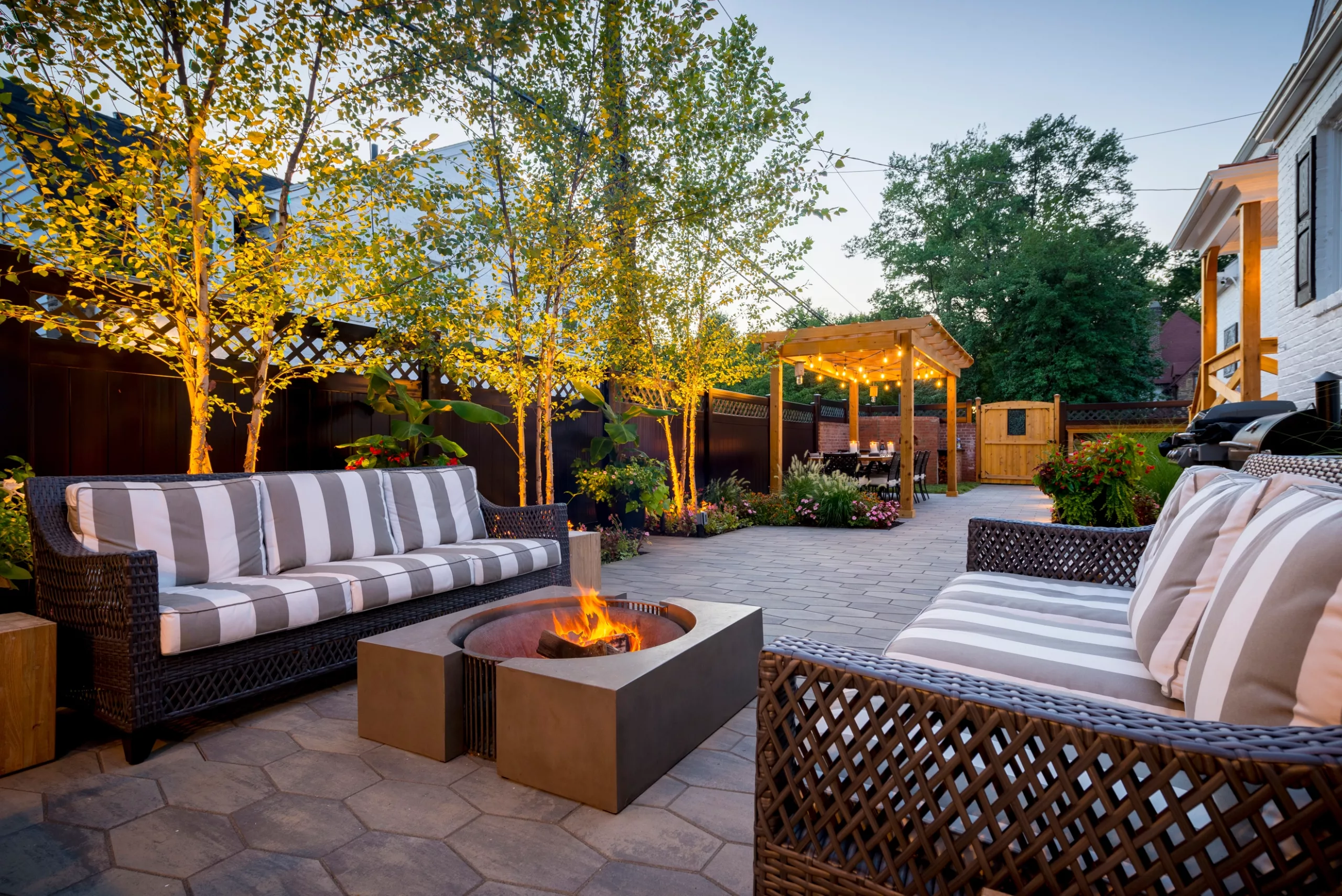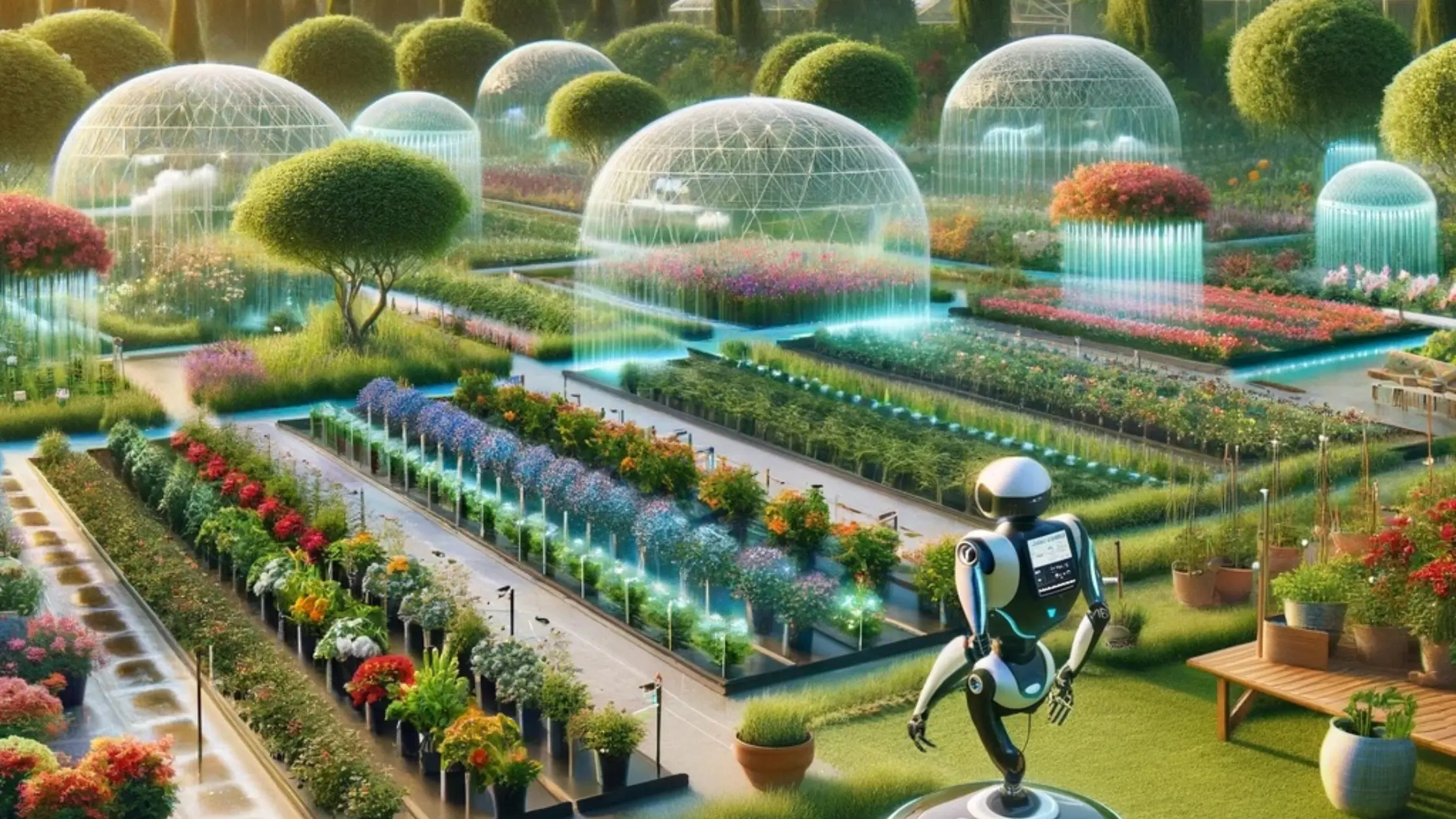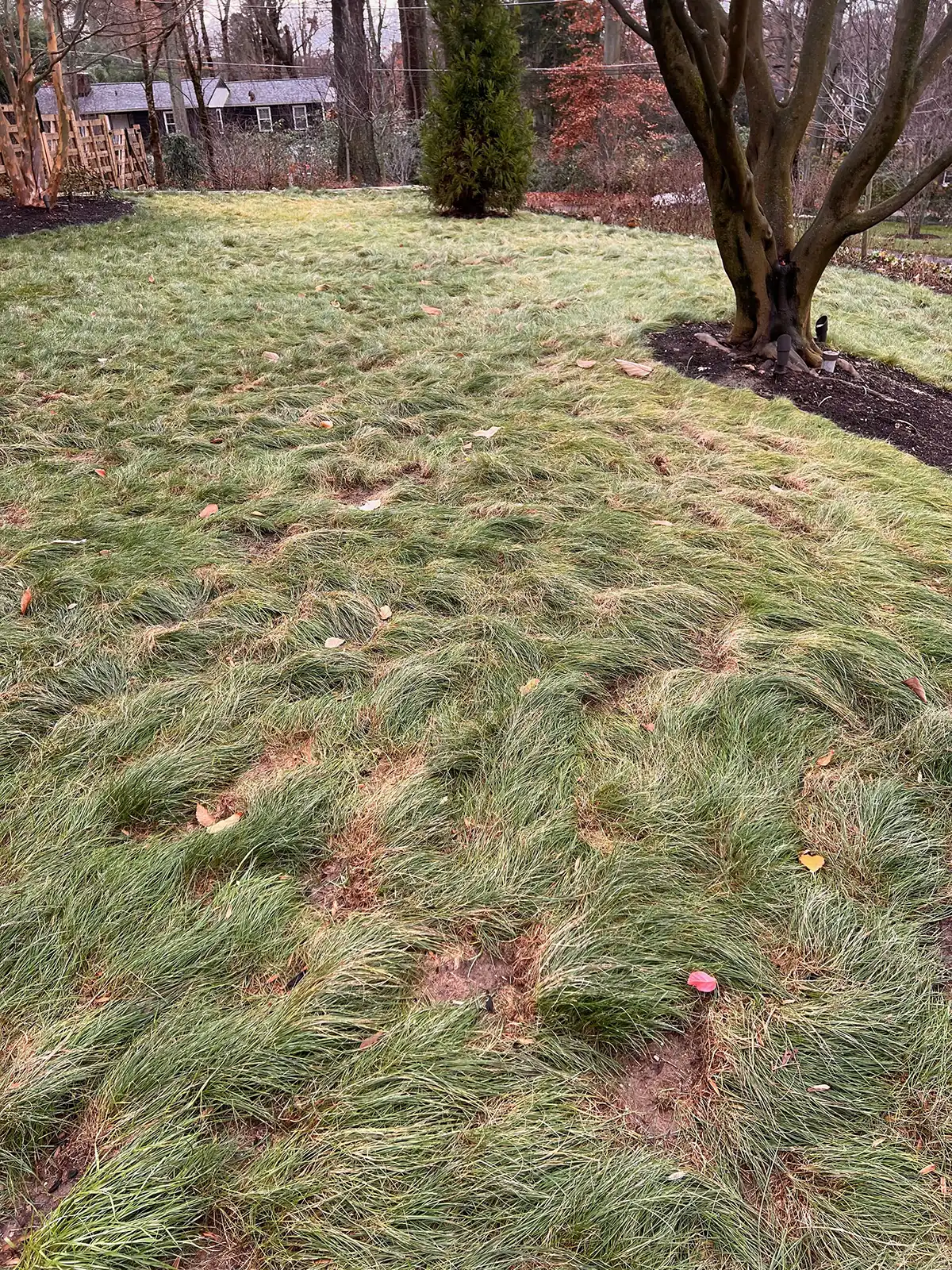While the water supply concerns faced by millions of Californians may seem like a distant concern for us here on the East Coast, the troubling reality is our future holds similar struggles—with an added bonus of belly-up fish.
According to researchers at Penn State University, Pennsylvanians use about “one billion gallons of groundwater” a day throughout the state. For those unfamiliar with the term, groundwater is precipitation filtered through soil into a layer of clean water and sand many feet below called an aquifer. Aquifers are tapped via pumps and wells to provide clean, purified groundwater for drinking, bathing and other daily activities. They’re also the main source flow for all nearby rivers, lakes, and streams—our other water suppliers—and therefore an essential part of the overall ecosystem and the true honeypot from which we survive.
Despite their overwhelming importance, we’re ringing their death bell louder every day—creating for ourselves the water crisis we’ve been so happy to avoid thus far. And it boils down to a simple equation really: as our population increases, we take more groundwater out than we allow to be put back in. It’s a process known as groundwater mining, and has as much to do with our roofs as it does our Brita filters. Because each new house built and road paved equals a decrease in surface area for water absorption, the land development associated with population growth effectively diminishes the amount of water that makes it down to an aquifer each year. Combine this with a few extra pools and sprinkler systems each day and you’ve got a big, bone-dry well to panic over.

There’s also the sad reality of dirty rivers and belly-up fishes to mull over. According to statements from the EPA, increased runoff—the pollutant-dense water carried over impermeable surfaces to lakes, rivers, and streams—causes “changes in hydrology and water quality that result in habitat modification and loss, increased flooding, decreased biological diversity, and increased sedimentation and erosion.” Considering lakes and streams are the beating heart of America’s great wilderness and an abundant natural resource for us, filling them with pollutants at the rate we are isn’t just irresponsible—it’s insane.
But there’s still much we can do to prevent catastrophe. Environmentalists have been pursuing solutions to runoff pollution for years, and have provided us many ways to mitigate our impact and make a difference through simple lifestyle adjustments and storm water management. One increasingly popular solution is installing a rain garden on your property. It’s a simple and aesthetically pleasing solution to an ugly problem.
The concept is simple: a depression in your yard is dug out to form a bed full of pollutant-filtering grasses and water loving flowers, where water from your property can collect and flow back into the aquifer instead of flowing to a storm drain or stream as runoff. In addition to replenishing the aquifer, your rain garden has a side benefit of diverting water from areas where it might flood your yard or basement later on. Not only is it environmentally conscious way to negate your water consumption—it’s a practical improvement as well.
Rain gardens range from simple projects to complex systems. At Terren, we’ve won awards for our designs and installations, and have done enough that no property is beyond our grasp. Often our customers install custom-made rain barrels and rain chains alongside their rain gardens—furthering their positive impact. We love providing those as well. Because not only are we making a customer happy, we’re helping the environment too.
We encourage you to research water conservation and rain gardens even more. The USDA lists the benefits in a short list you can reference if you’re on the fence:
Rain Garden Benifits:
- Filter pollutants from runoff
- Recharge groundwater
- Conserve water
- Protect guts, ponds and coastal waters
- Remove standing water in your yard
- Reduce mosquito breeding
- Increase beneficial insects that eliminate pests
- Reduce potential of home flooding
- Create habitat for birds & butterflies
- Survive drought seasons
- Reduce garden maintenance
- Enhance property value

If you have any questions, comments, or would like to talk to us about installing a rain garden or other environmentally conscious features in your landscape, feel free to contact us today. We’d love to hear your thoughts!




